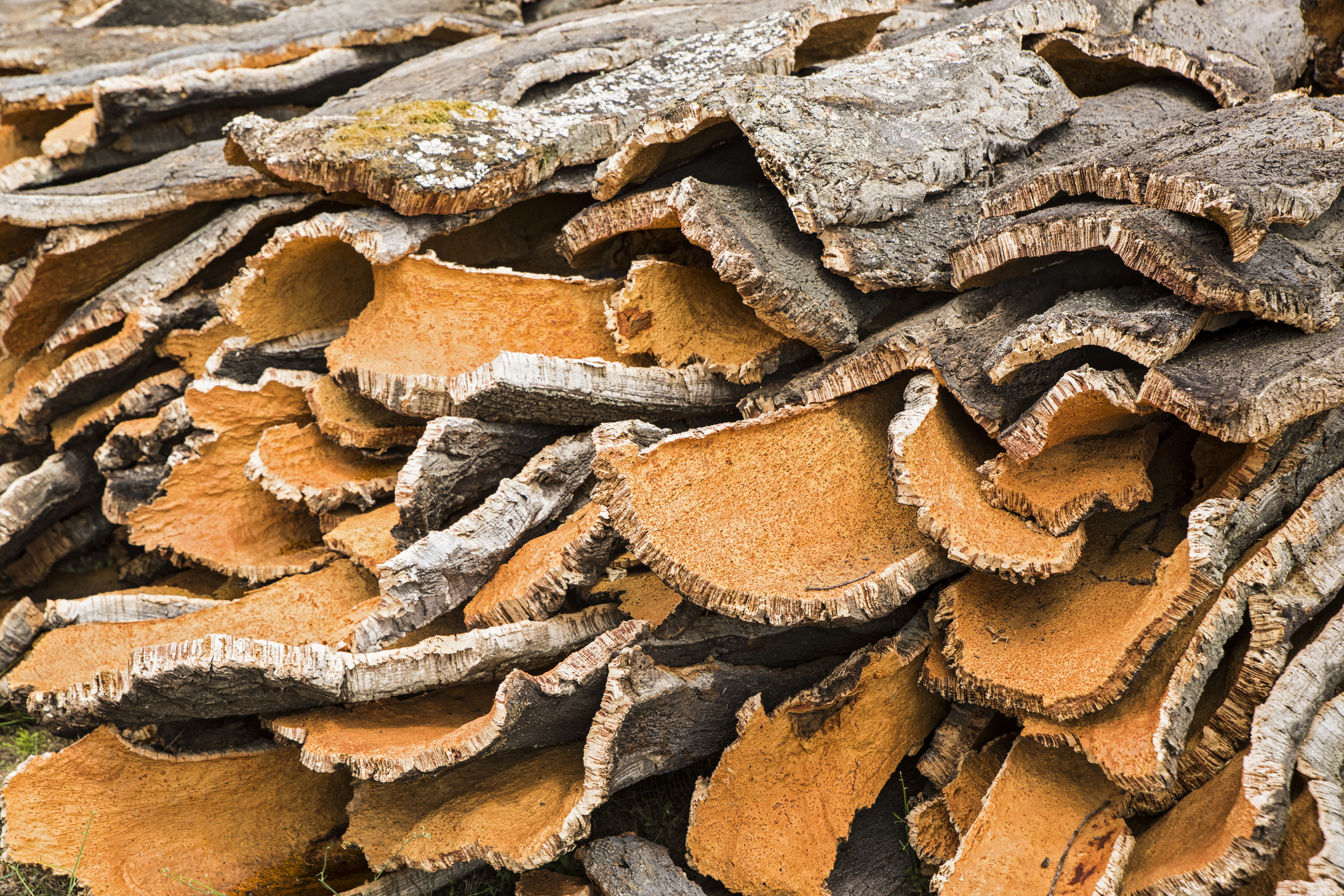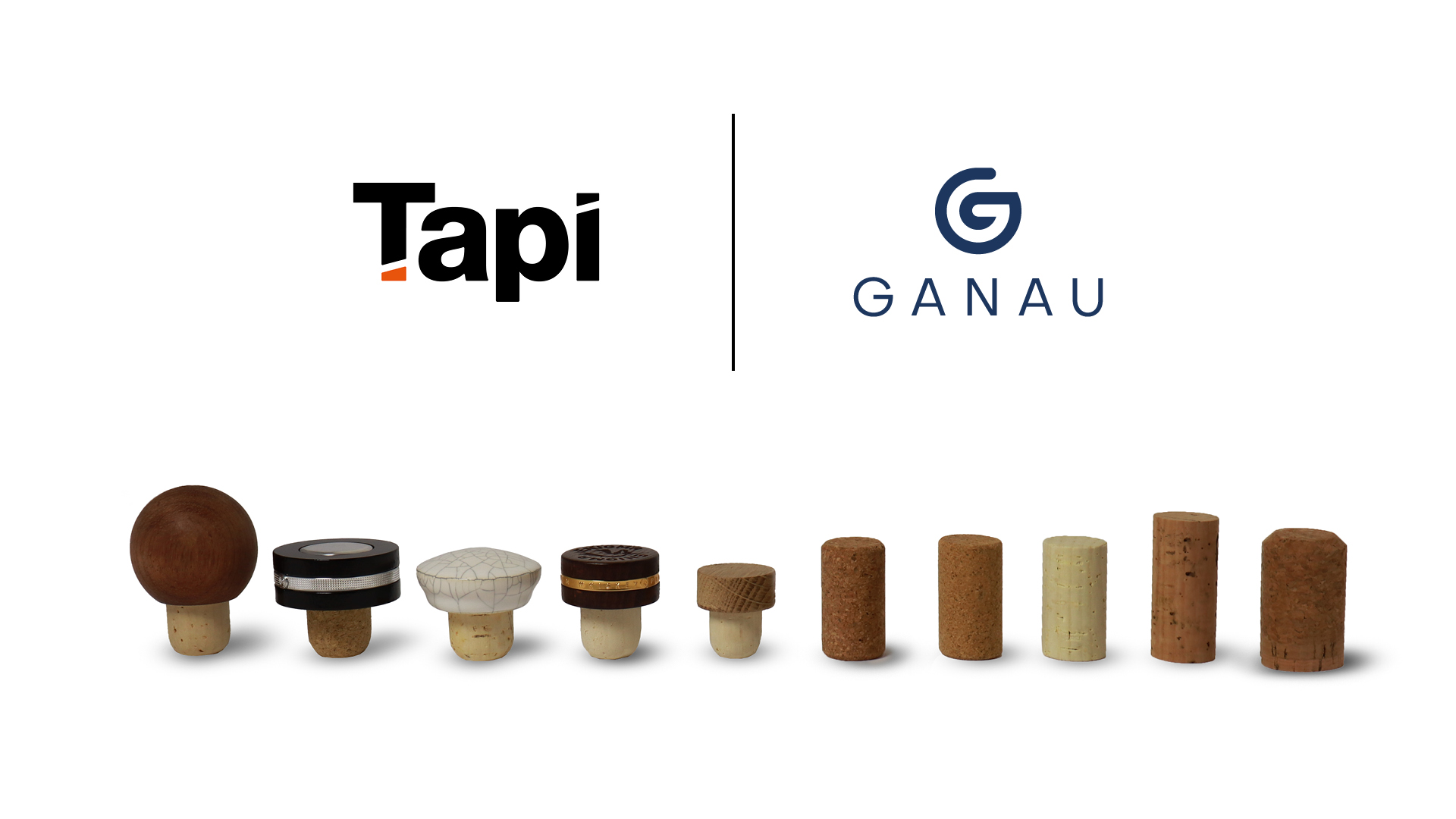Tapì and Ganau offer quality ‘from the forest to the finished product’
Roberto Casini, CEO of Tapì Group, explains how the global closures company’s acquisition of Ganau fits its “global boutique” position.
Last month, Tapì Group announced its acquisition of Ganau. The integration brings together two significant Italian players in the global closures market, Tapì Group having a strong reputation for spirits closures and Ganau being Italy’s largest producer of cork.
So what drove the union of two sides of the closures industry? And how does that change Tapì Group’s position in a truly global market?
db spoke to Roberto Casini, CEO of Tapì Group, to find out more.
What attracted you to Ganau as an acquisition?
The reasons that led us to acquire Ganau are varied. On one hand, there was the desire to become one of the main players in the brown spirits market, where cork stoppers are used more extensively. Our company is the world leader in supplying bar tops with synthetic stems, and we wanted to strengthen our position in the bar tops sector with cork stems.
Secondly, we wanted to be able to directly control the supply chain of such an important component as cork.
Thirdly, we aimed to offer our customers access to a different supply market from the Portuguese one, in order to reduce the risk associated with overly concentrated sourcing from a single country.
Ganau represented everything we were looking for, being among the top three producers of the highest quality natural and microagglomerate cork stoppers and based in Sardinia, where the quality of cork is excellent.
How does the acquisition meet your strategic goals?
As previously mentioned, Ganau is the perfect complement to achieving the goals we have already outlined. Of course, one fundamental premise is key: our group brings together companies that produce products of the highest quality. Ganau has always pursued the development of top-quality products and processes, which is why we chose them as partners.
What do customers care about most when sourcing closures? And how does acquiring Ganau address those needs?
In the premium spirits segment, one of the most important aspects is the quality of the stopper, considered both from an aesthetic point of view and in terms of functionality and performance. The relationship between the value of a bottle and the value of its closure can easily exceed 500 times. Therefore, the guarantee of purchasing a closure that doesn’t cause problems for the bottle is of fundamental importance, which is why there is a relentless focus on quality.
The second key aspect is the originality of the offering, which involves both the aesthetic and ergonomic elements. In recent years, this has necessarily had to include significant sustainability content, as premium bottles are characterized by a high level of aesthetic design and originality in packaging, of which the closure is a crucial component.
Partner Content
Last but not least is the complete traceability of the supply chain, which ensures that the products come from sustainable sources and that every component of a closure is tightly controlled. In this sense, Ganau’s entry into the group allows complete control over the cork supply chain, from the forest to the finished product, ensuring a supply of natural or micro-agglomerated cork stoppers of consistently high quality.

What are the greatest similarities you’ve noticed between the companies? And the greatest differences?
The most important similarity is undoubtedly the focus on quality, which extends not only to the products but also to the production facilities, processes, service, and attention to the customer.
However, there is another very important aspect: the work ethic and relationships with all the people working in both companies, where respect for cultural diversity is considered an added value.
The main differences concern the type of company management: Ganau comes from 80 years of history, with generations passing the torch in managing the company, while Tapì has been managed by professional management for years, although many of the managers still come from entrepreneurial backgrounds.
Cork is heavily associated with wines. Why is it still important for premium spirits closures?
The cork stopper is undoubtedly associated with the world of wine, but even in the spirits world, cork is an essential partner for quality brown spirits: think of the great cognacs, rums, and whiskies, all sealed with top-quality cork stoppers. Without a doubt, for centuries, the cork stopper, even in its most recent evolutions, has been an indispensable partner for premium brown spirits.
Is it better to be a large company or a niche player in the modern closures market?
We consider ourselves a global boutique. Boutique because we primarily serve the spirits world, and now, with Ganau, the premium and super-premium wine market, where the volumes involved are smaller compared to spirits and mainstream wines. Global because, through our companies, we are present in all the spirits- and wine-producing countries, as we believe that local production proximity and, above all, shared culture, allow us to offer our clients unique products for their bottles.
We also believe that, in the premium beverage sector, it is extremely important to be very close to our clients to fully understand their needs and translate them into unique products—something that more diversified groups used to deal with commodity items such as capsules or screwcaps often cannot do.
As a pair of Italian companies, do you bring aspects of your homeland to how you do business?
Although both companies have operations abroad and include people from more than 15 different nationalities, there is undoubtedly an Italian imprint, which is most evident in the love for beauty, attention to design, and passion for the food and beverage world that permeates all the staff.
Related news
The timeless charm behind Rioja’s Monte Real
IGP Méditerranée: the one-stop shop for festive wine
Pata Negra Fauna range reveals the characters of Spanish terroirs





